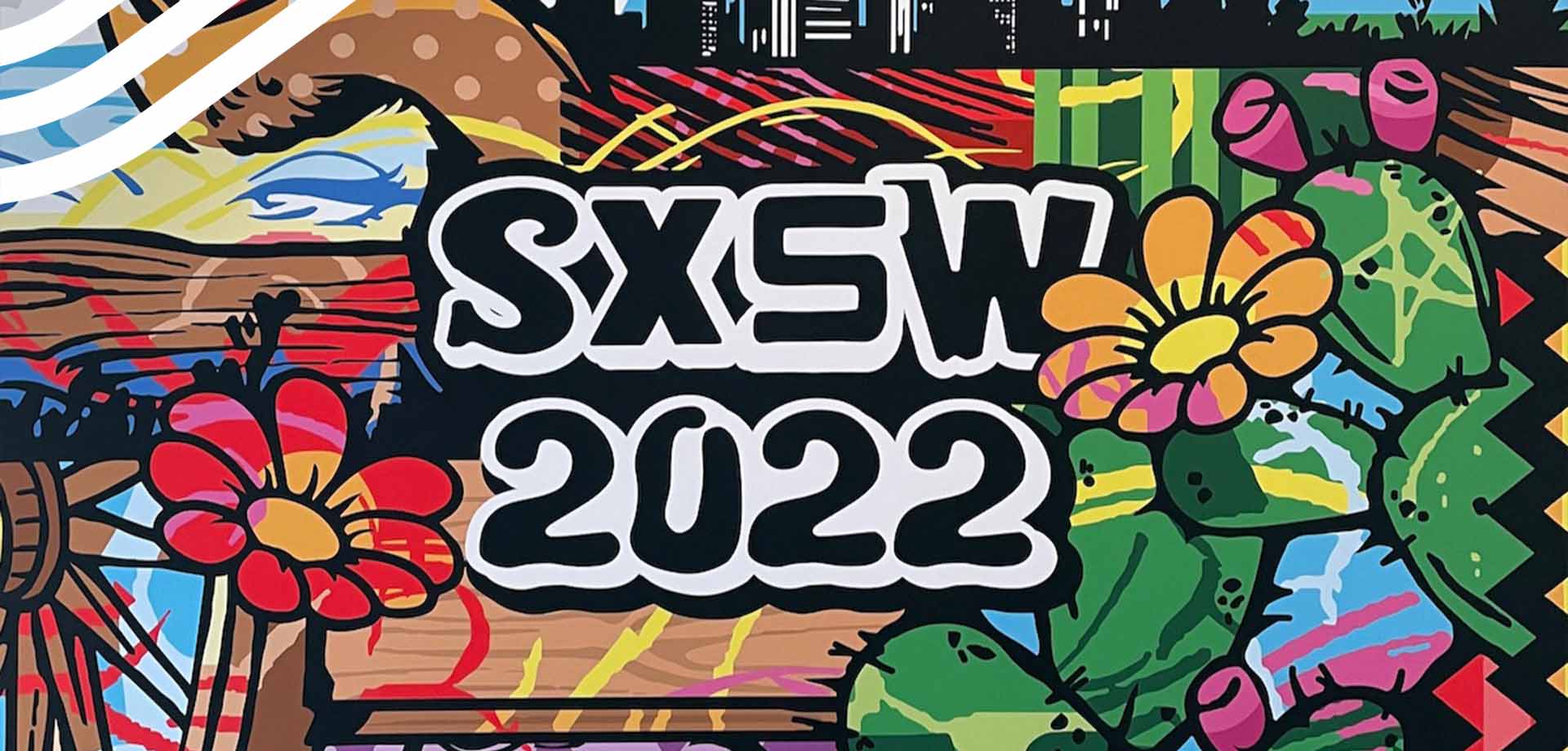
How to turn the big elephant into creativity
From changing consumer attitudes to gaming taking a prominent role in entertainment – accelerated by the pandemic, communications is undergoing a drastic transformation.
A global pandemic, a violent conflict in the middle of Europe, the big and unresolved elephant in the room called climate change – 2022 does not seem to bring the best conditions to inspire creativity in marketing. Or does it? After all, difficult times in particular demand a special sense for trends and current developments from marketing communication.
With a shifting consumer mindset comes a renewed need for information
During the last two years of Covid-19 people around the world have started to question, on a fundamental level, who they are and what matters to them. Whether in terms of interpersonal relationships, attitudes towards work or the search for new interests, the pandemic has reshaped the consumer mindset. In uncertain times, “care” can function as a central brand promise, and designing services and products with empathy in mind can provide security and guidance. And as the effects of climate change also becomes more of a focus, consumers expect businesses to develop innovative solutions for more sustainable products, services and profits.
All of this directly translates into creativity, especially in marketing communication. With a changing consumer mindset comes a new need for information, which is increasingly being satisfied beyond the traditional sales and communication channels. Creators and influencers, digital communities and social platforms become more important when researching products or businesses in a connected world. For marketing this means providing easily accessible information layers is key to fulfill the consumers’ desires.
How gaming is transforming the entertainment industry
For the longest time, the gaming industry existed in parallel to the glitzy and exciting global entertainment business that is music, cinema and television. These lines begin to blur, as gaming is now one of the major influences on entertainment everywhere. With an additional boost by the Covid-19 pandemic, gaming is now one of the major social and community spaces. “We play to compete, to socialize, or just to have fun. Play is an empathy multiplier”, stated Sarah Bond from Microsoft at SXSW 2022. And with gaming taking a prominent role in entertainment, other sectors of the entertainment industry start to look for it for inspiration. From utilizing 3D graphics and virtual reality to successfully integrating creators in marketing, building and engaging with communities, gaming is a major innovator in the entertainment space and for marketing.
China as a new trendsetter in social media & tech
When looking at current trends in digital spaces and social media, we should pay more attention to China and especially Chinese Gen-Z. TikTok is dominating the digital culture space and is the major trendsetter for content worldwide. But the next iteration of social apps is commerce, and this is where Chinese social media platforms today are highlighting what is possible. Shoppable media is starting to gain traction in the West as well, with platforms offering fully integrated shopping and checkout experiences in their apps. And live shopping is the perfect blend of entertaining and engaging elements of live streams with influencer and creator marketing, triggering spontaneous purchases that lead to instant gratification with consumers. Finally, virtual influencers are an untapped potential for marketing innovation in the west. In China, virtual key opinion leaders have been around for over ten years, but the current iteration of virtual KOLs now consists of full-fledged virtual characters with their own narrative universes and endless possibilities for storytelling for marketing and branding in a virtual world.
The metaverse as a new and exciting playground
Virtual KOLs are only one aspect of a new and exciting future that is the Metaverse. The next evolution of digital infrastructure will evolve digital culture while offering consumers and brands new ways to interact, create, consume, and earn. Built on extended reality (AR, VR), real-time 3D graphics, powered by wearables and dedicated hardware and decentralized protocols like blockchain, we already start to see new applications that function as a bridge between physical and digital worlds.
One of the most exciting aspects of the Metaverse is the idea of the digital twin of real-world goods and experiences, e.g., dressing a virtual avatar with one’s favorite clothing brand or finding virtual representation of beloved services. Another very exciting area is the attempt to bring live entertainment events such as concerts or music festivals into the Metaverse. Here, local events suddenly gain global reach, become highly immersive and enable fans to experience shows by their favorite artists in a completely new way.
The Metaverse will empower users with new forms of self-expression and enable them to take on various identities in digital and virtual spaces. As limitless are the opportunities for brands to create virtual experiences with a global reach in this new space.
Author: Alex Turtschan, Director Digital Accelerator at Mediaplus Group
Interested in more content?
Back to Issue #7










